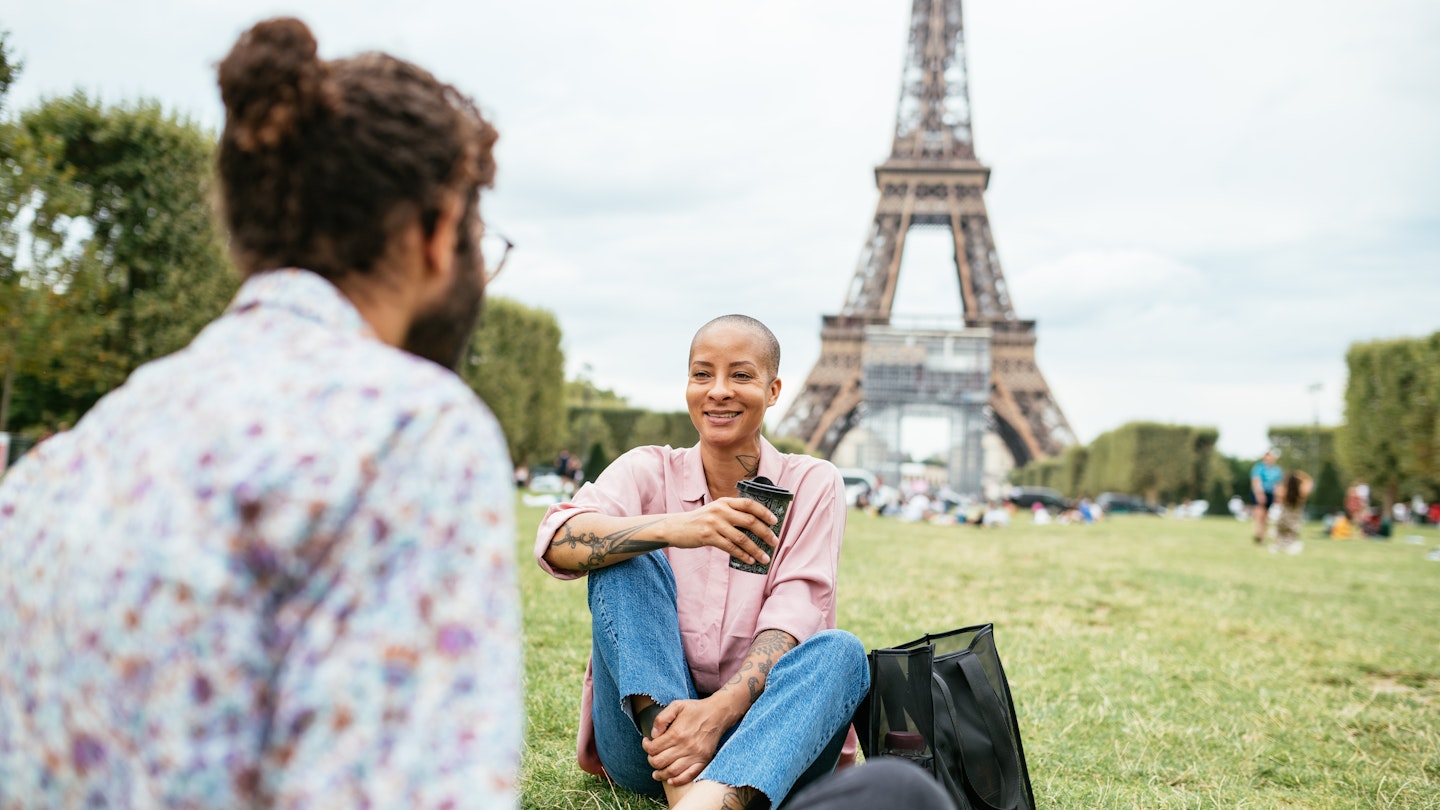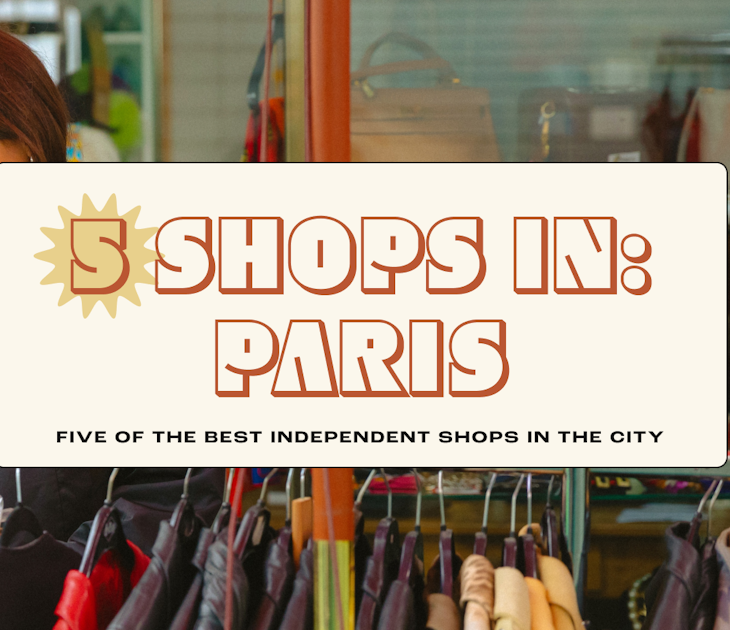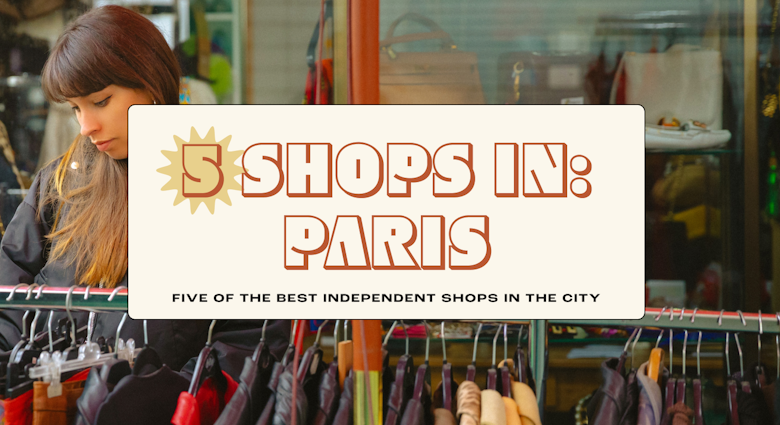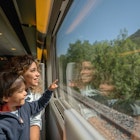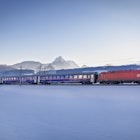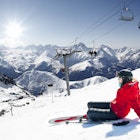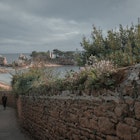France’s top spot on the list of the world’s most visited countries doesn’t surprise me – its exhilarating cities, photogenic villages, surf beaches and snow-topped mountains, along with incredible gastronomy and wine, are irresistible for French citizens like me (with a lifetime of travel here) as well as for international visitors.
Of course, the flip side of its popularity: planning ahead is a good idea if you want to enjoy the best of the country. These tips will help you navigate the country, customs and potential challenges for a smooth, stress-free trip to France.
Planning
1. How long should you spend in France?
Tempting as it is to cram in as much as possible, this is one of Europe’s largest countries, both in size and population, and rushing is counterproductive to French joie de vivre (enjoyment of life). Savoring small, daily rituals like people-watching over an apéro (apéritif; predinner drink) on a cafe terrace enhances any trip and will probably become some of your favorite memories.
With a week or less, maximize your time by sticking to just a few cities or regions. Around 10 days or so is great for visiting a wide array of France’s highlights, from urban centers to châteaux and enchanting countryside. If you have longer, France is your oyster.
2. Avoid getting caught out by seasonal crowds or closures
Les grandes vacances (summer holidays) are sacrosanct in France. Most people take a minimum of two or three weeks off in July or especially August, when even services such as post offices and banks are on skeleton staff until la rentrée in early September, when normal life resumes.
When traveling in summer, allow time on the road for bouchons (traffic jams), buy train tickets in advance, reserve timeslots online for major sights wherever possible, and make accommodation and popular and/or high-end restaurant bookings weeks, if not months, ahead. In big cities like Paris, many restaurants and smaller boutiques shut for at least a couple of weeks – check establishments’ fermeture annuelle or congés d'été, and have alternatives planned.
Winter is peak season at the mountains’ ski resorts, but cities are quieter and prices lower, and especially outside the main centers, many attractions have reduced opening hours or may be closed altogether. Spring (particularly April and May) and fall (September and October) hit the sweet spot for good weather, manageable visitor numbers and catching most places open. Keep tabs on busy periods by looking up French school holidays.

3. What is the best way to get around France?
If you’re just hopping between cities and large towns: France’s excellent rail network, including TGV fast trains, can be the cheapest, easiest way to go (seat61 is a handy primer).
A road trip gives you freedom for spontaneous stops, detours and impromptu picnics in the gorgeous countryside, but definitely save yourself the hassle of driving in Paris’ heavy traffic and scarce parking; the superb public transport system covers the whole city.
Book rental cars well ahead for busy times as prices spike and availability plummets. The majority of cars in France are manual (stick shift); automatic rentals are in shorter supply. Autoroutes (highways) are the fastest but least interesting routes, and péages (tolls) quickly mount up. Smaller back roads and lanes take you into the heart of France’s famous vineyards, patchwork fields, historic villages and natural landscapes.
Michelin’s route planner ViaMichelin marks extra-scenic stretches in green and has a "Discovery" option; the website also estimates toll and fuel costs. As you drive through France, geolocate the cheapest nearby gas stations using plein-moins-cher.fr.
4. Be ready to adapt your plans in case of strikes
Grèves (strikes) are relatively common in France, and disrupted or canceled transport services can really put a crimp in your plans. Stay up with the news and have a plan B ready if you need it.
5. Plan your itinerary around market days
City neighborhoods, towns and even tiny villages have weekly-or-better marchés (markets). Often dating back centuries, they’re local traditions that give you a window into French life, and have the best, freshest seasonal produce (with the lowest carbon footprint in travel miles). Bring your own shopping bag or basket to browse sun-ripened fruit, vegetables, cheeses, breads, charcuterie, olive oils, nuts, preserves and regional specialties, as well as ready-to-devour snacks.
At market stalls, don’t touch the produce (ask the vendor instead) and don’t haggle (bargaining is only OK at flea markets). And always ask permission to take photos (the same goes for shops).
Important note: if you’re arriving at night by car, look out for early-morning market-day parking restrictions that could see your vehicle towed.
Etiquette
6. A phrasebook or language app could be your best French friend
Even in bigger cities and tourist centers such as Nice, where English is more widely spoken, open with French, if only “excusez-moi, parlez-vous anglais?” (“excuse me, do you speak English?”), and brush up on at least a few basic phrases. The deeper you head into la France profonde (rural France), the more French you will need to use.
7. First impressions are everything
Any and every interaction in France – with shopkeepers, restaurant staff, someone riding the same elevator… – starts with bonjour (bonsoir after dusk). After you’ve greeted someone once, it’s unnecessary to repeat it throughout the day, although you might say rebonjour (hello again). Just as important is farewelling people with au revoir (and, of course, thanking them with merci).
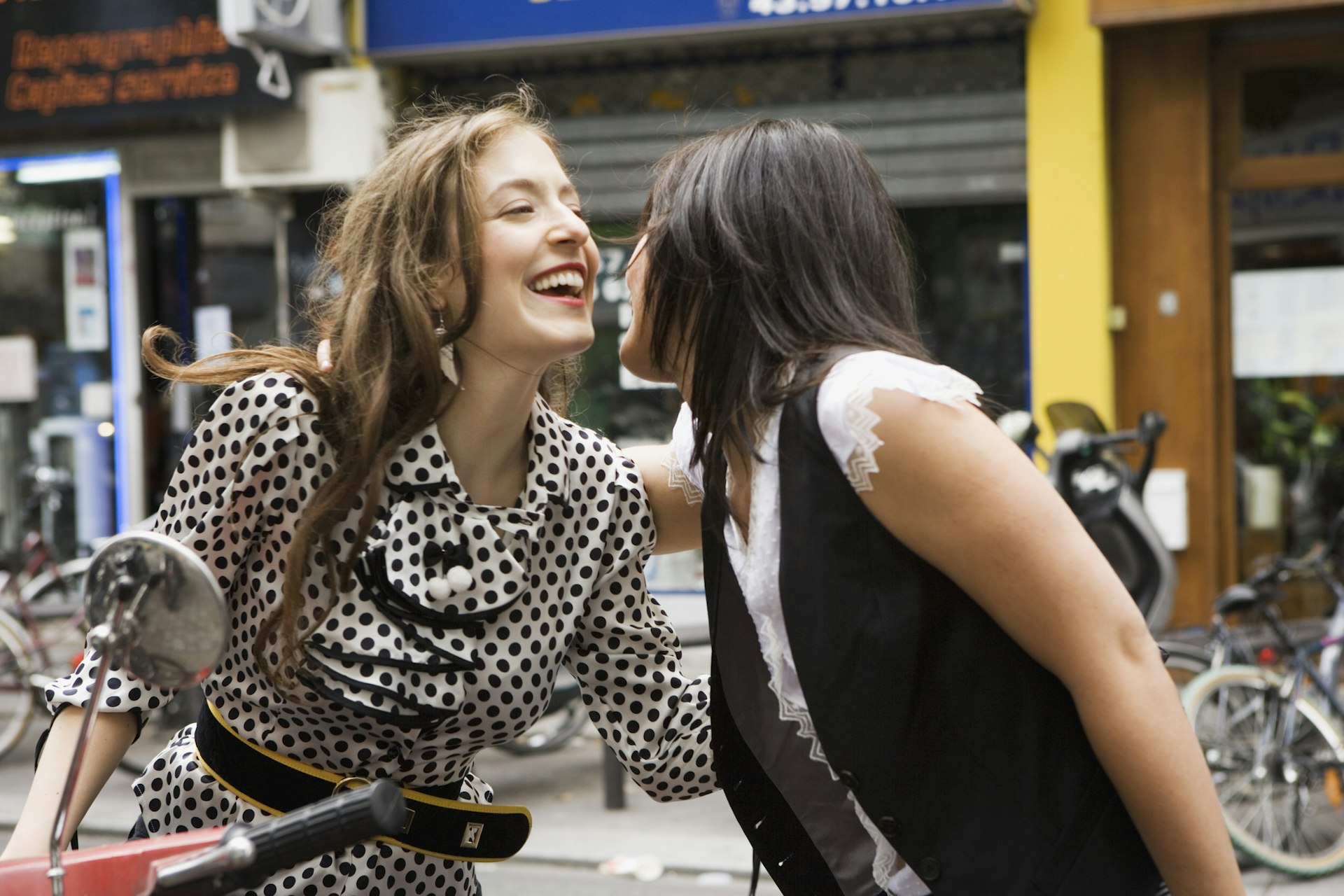
8. Kissing varies across the country
La bise (giving cheek-skimming kisses) is back after the Covid pandemic put a pause on physical affection. Casual acquaintances and friends exchange at least two bisous (kisses). In some areas, like the more effusive south of France, it can be up to four, usually starting with the right cheek (but again, depending on the region).
9. If in doubt, communicate formally (and softly)
France remains a fairly formal place. Use the polite form "vous" (eg, s'il vous plaît, “please”) unless/until you're invited to use "tu" (when you would switch to s'il te plaît, for instance). It’s respectful to address women/men as Madame/Monsieur in interactions (absolutely never use garçon, meaning “boy,” to summon a waiter).
People here speak more quietly than you might be used to, so adopt a similar pitch to blend in and keep noise down at night. French children tend to be quieter than some of their international counterparts.
10. Steer clear of money as a conversation topic
Discretion is highly valued in France, and discussing financial affairs (such as salaries or spending outlays) is generally off-limits in public. Safer subjects include art, philosophy, sport and France’s national obsession, food.
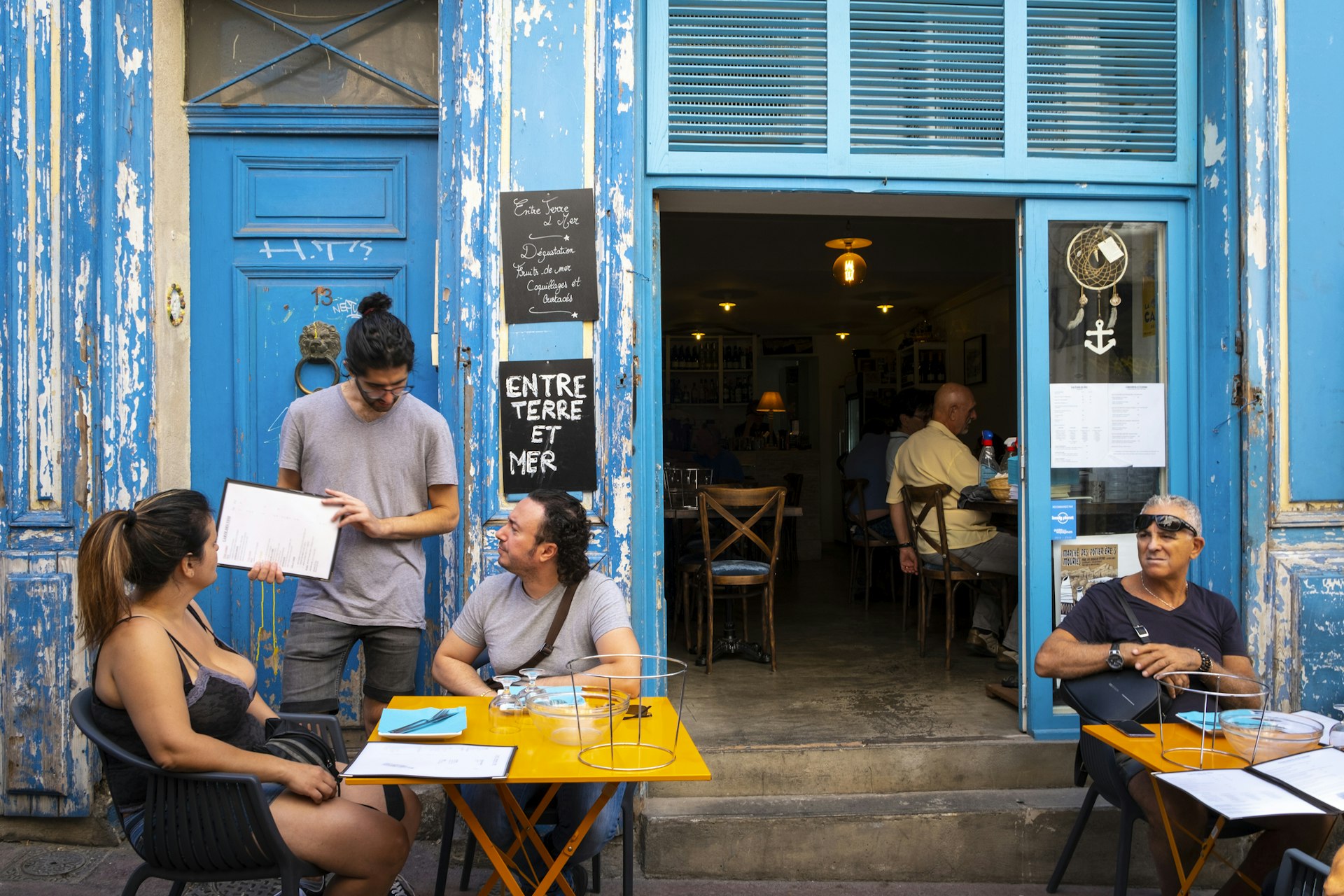
11. Get to grips with restaurant etiquette
Tipping isn’t part of French culture – the restaurant industry is a time-honored profession, and a service charge is included (though diners usually leave a few extra euros). Asking a waiter’s advice on the menu is appreciated. Requesting swap-out ingredients or items in the kitchen’s meticulously crafted dishes, however, is not.
Ordering une carafe d'eau (a free jug of tap water) is no problem, though glaçons (ice) uncommon. A short, sharp espresso (not milky coffee or tea) is the way to finish a meal. Phones on the table are frowned upon (ensure you have them on silent).
Waiters bringing you l'addition (the check) before you’ve asked for it is considered rude, so prepare to be persistent (don’t wave them over, catching their eye or making a slight hand movement is enough). Splitting the bill isn’t done. If you’ve been invited out for a meal, the person who asked you pays; if you’ve done the inviting, you’ll be expected to cover it. Because the food and dining experience are inseparable, doggy bags or boxes aren’t a concept.
You’re always better off avoiding restaurants touting a menu touristique; the best places are the ones catering to locals.
12. Dress the part in any situation
France is a stylish place, but so long as you’re wearing smart, casual clothes in midrange restaurants and up (no jeans or sneakers), you should be fine. Swimwear is strictly for the beach or pool. At public pools, men are required to wear tight-fitting Speedo-style trunks. Controversially, body-covering burkinis are banned in some public swimming areas.
When you’re visiting religious sights such as churches, dress modestly and cover bare shoulders (skip sightseeing altogether while worship and religious celebrations are taking place).
Health and safety
13. Prevention helps avert petty theft
While France is largely safe, pickpocketing is pretty rife in places where tourists congregate. Precautions are your best defense: sling your bag across your body; keep your wallet in a front, not back, pocket; and conceal cash and cards in a money belt. Leave important documents like passports in your hotel safe.
At cafe terraces, don’t hang your bag or jacket over the back of your chair out of sight, or leave your phone where it’s easily snatched. Distraction scams (such as fake petitions) are a favorite pickpocket tactic. Main train stations often attract dodgy characters day and night. Stay alert.
Car break-ins are especially prevalent in the south (places where cars are unattended for longer stretches, like beaches and remote sights, are prime targets). Don’t leave possessions on view, and take anything valuable with you. Ditto for train journeys if your luggage is stowed at the end of the carriage.

14. Avoid getting caught up in street protests
La manif (short for manifestation) can seem like it’s practically a national pastime, with protestors regularly taking to the streets. Protests can turn violent, though, so keep your distance.
15. Can you drink the water?
France’s tap water is OK to drink, though some residents prefer bottled water. Fountains in villages and towns sometimes have eau potable (drinking water). Don’t drink any that’s labeled non potable (undrinkable).
16. Take care crossing roads
It’s never safe to assume cars will stop at pedestrian crossings, so make sure drivers have seen you and be extra vigilant with kids. Pedestrians need to look carefully, too, before stepping into bike lanes.
17. Watch out in hunting season
Accidents make headlines every hunting season (September to February). Don’t enter an area if you see signs on trees reading chasseurs or chasse gardée.
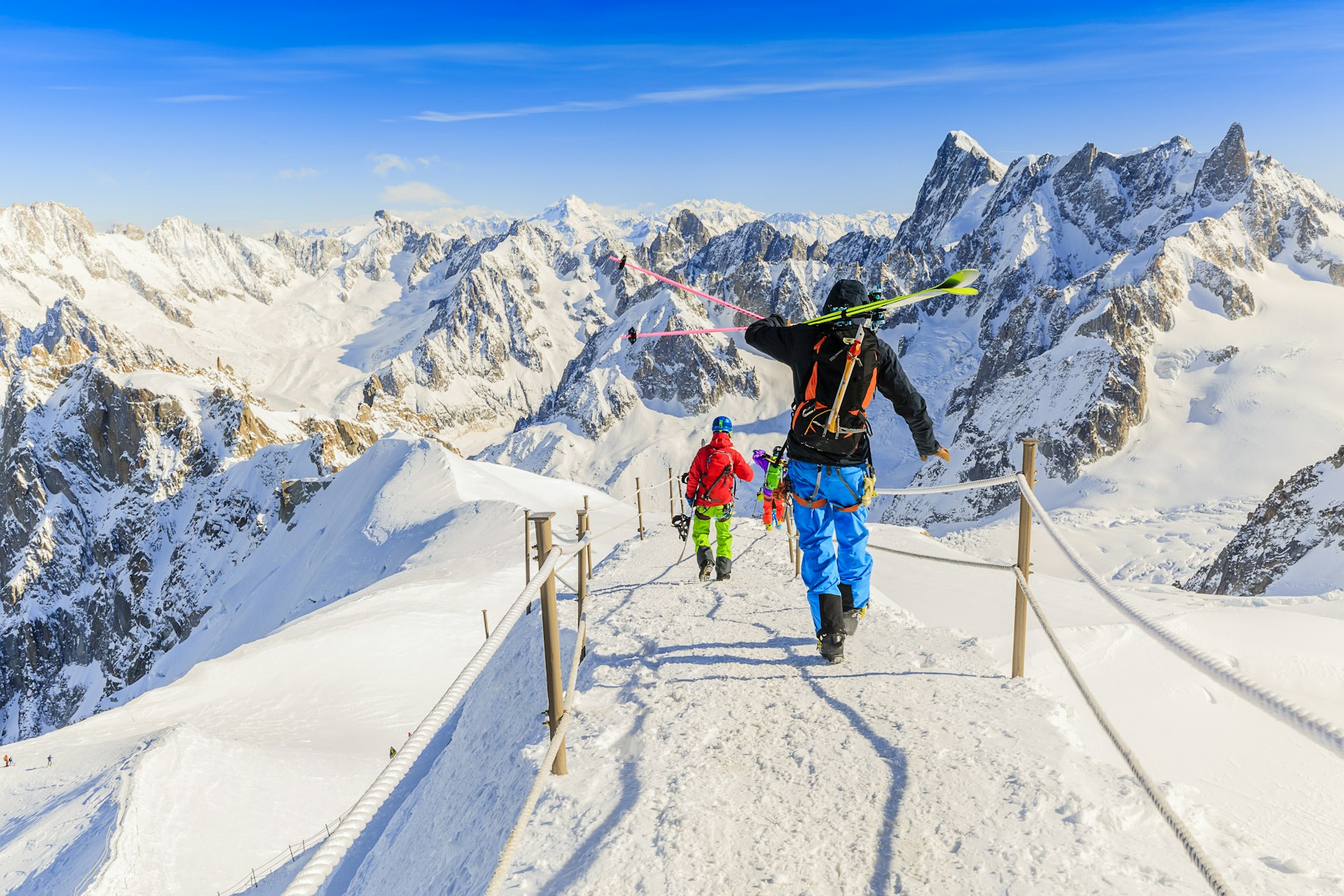
18. Be sea- and snow-safe
Powerful tides and undertows occur on France’s Atlantic Coast; don’t swim at un-patrolled beaches.
Avalanches are a risk in the Alps and Pyrenees: check daily reports and keep to groomed pistes. Summer can bring sudden, intense thunderstorms.
19. Know what to do if things go wrong
Hopefully, your trip will be a breeze, but if you need the emergency services, use these free 24/7 phone numbers: police 17; fire 18; ambulance (SAMU) 15. Deaf and hard-of-hearing travelers can contact 114 for SMS texting services. The EU-wide emergency number is 112.
Pharmacies provide over-the-counter medications and advice for minor health issues. If you need to attend a hospital or run into other problems, having an easily accessed backup copy of your identity documents and travel insurance policy will make things easier.
